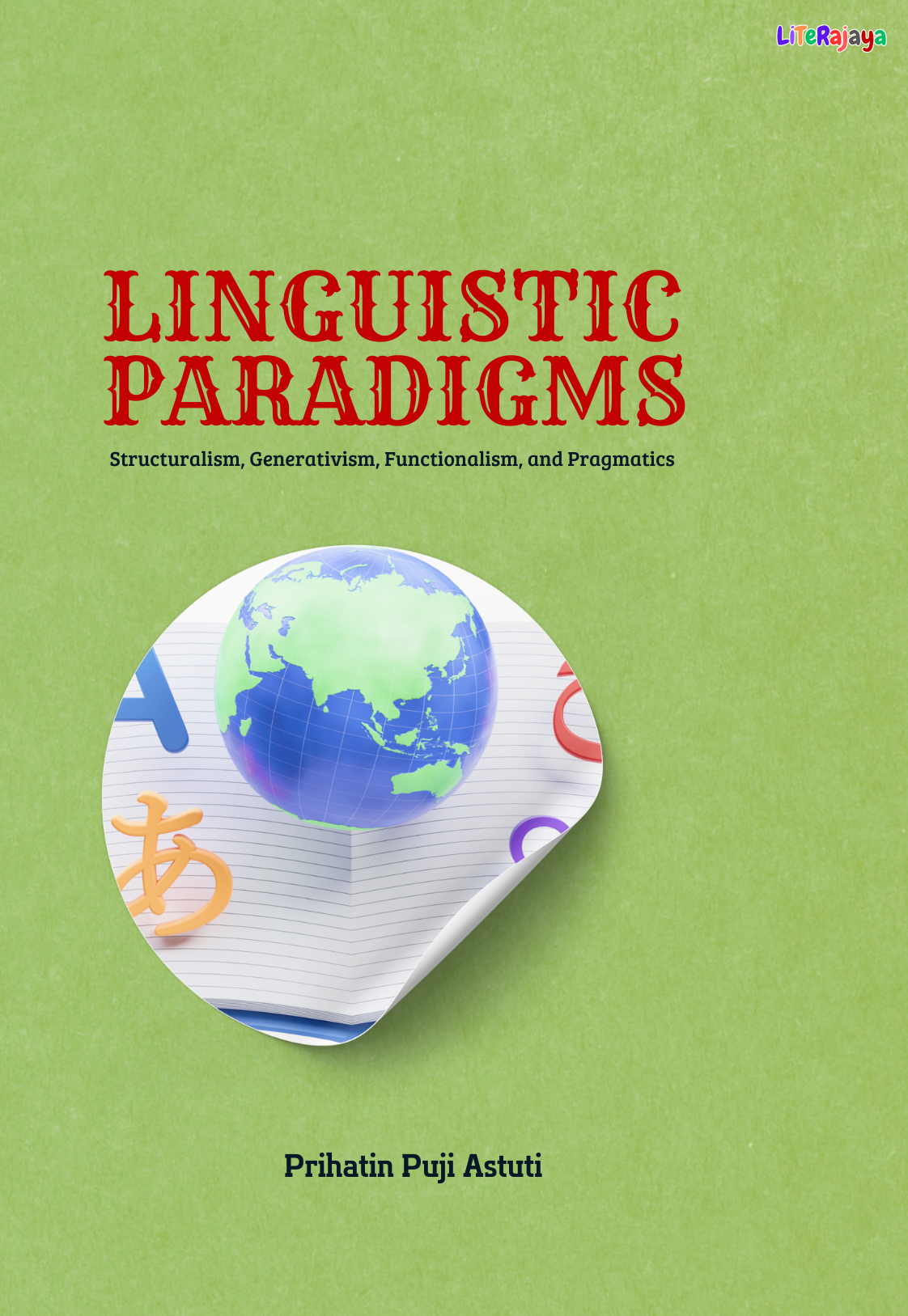Language is one of humanity’s most fundamental and complex cognitive faculties. Throughout history, scholars have sought to understand its structure, function, and use, leading to the development of various linguistic theories. This book, Linguistic Paradigms: Structuralism, Generativism, Functionalism, and Pragmatics, offers a comprehensive exploration of four major linguistic approaches that have shaped the study of language: Structural Linguistics, Generative Linguistics, Functional Linguistics, and Pragmatics.
Each of these paradigms provides a unique lens through which language can be analyzed. Structural Linguistics, pioneered by Ferdinand de Saussure, revolutionized linguistic thought by emphasizing the systematic relationships within language and establishing the foundation for later developments.
Generative Linguistics, led by Noam Chomsky, introduced the idea that language is governed by an innate set of rules, focusing on syntax and the formal structures underlying linguistic competence. Functional Linguistics, championed by figures like Michael Halliday, shifts the focus to the communicative purposes of language, emphasizing how linguistic choices are shaped by social and contextual factors. Finally, Pragmatics delves into the ways in which meaning is constructed in interaction, addressing aspects such as implicature, speech acts, and context-dependent interpretation.

